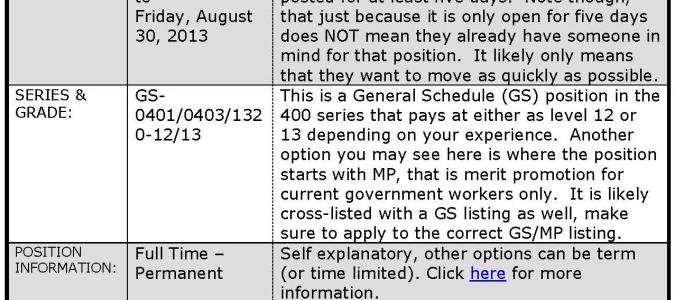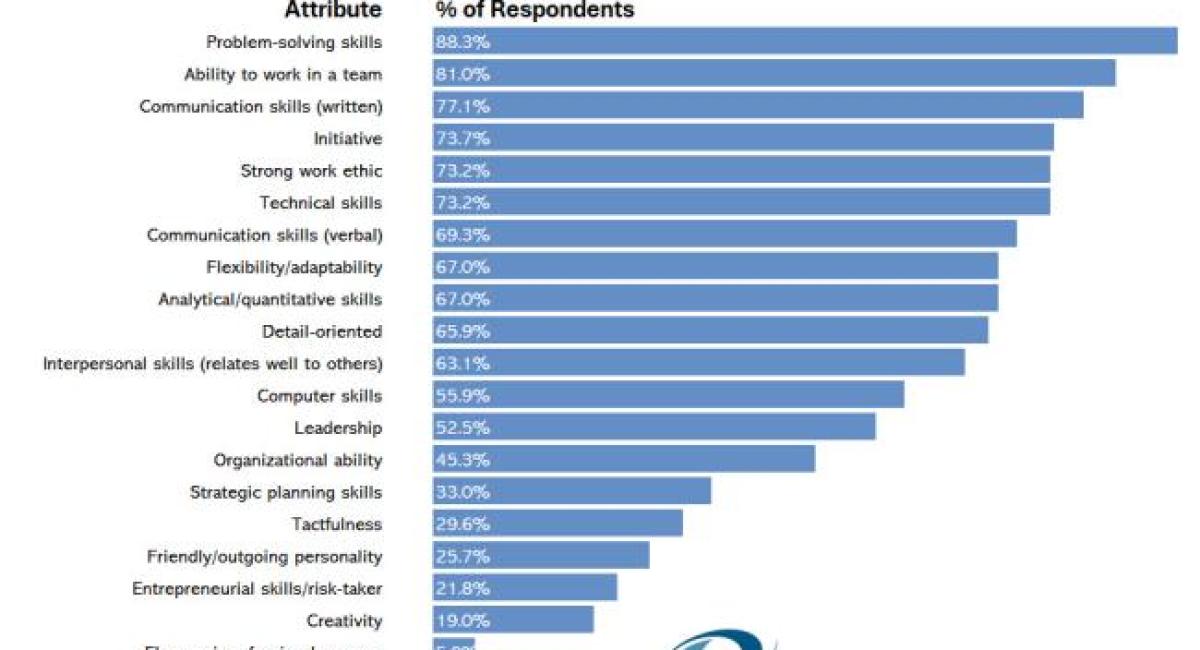‘Tis the season for academic faculty job searches. From summer until late fall, the bulk of faculty jobs are accepting applications to fill positions that begin in the fall of the following year. If you are considering this route, here are some things you need to think about:

Two-Part Series on Government Jobs -- PART ONE: HOW TO FIND & READ JOB ADS
NIH Alumni: Where are they now? Communications Manager
Name: Benjamin Porter, PhD
Job Title & Company: Communications Manager, Office of Communications; The University of Texas at Dallas
Location: Dallas, Texas
How long you’ve been in your current job: 3 months
Postdoc Advisor, IC and subject: Alan Koretsky, NINDS, Behavioral fMRI
Letters of Recommendation – Our Recommendations for Getting Them
References are an extremely important part of any application. However, many people struggle with knowing what is the best way, and whom do you ask, for great letters of recommendation.
Generally speaking, you should aim to get at least three letters of recommendation. Although the common thread throughout these should be you, each letter should be unique, helping elucidate a different aspect of your candidacy—whether that is your education, technical and research skills, leadership abilities or beyond.
In Industry, It's About More Than Just Salary
Pondering a career in industry? Then you need to be aware that the industry job offer may contain elements not part of offers in academia, government or non-profits; industry jobs often include a profit sharing plan.
Industry profit sharing takes two basic forms; dividends, a cash payment made to employees and share-holders based upon the performance of the company, usually on an annual basis, and equity, the actual ownership of shares of the company. Equity in a company is granted by one of the following methods:
Dont Leave Us Hanging!
As you get ready to end your summer internship or your summer rotations as a grad student, don’t forget to keep in touch.
We often hear from our younger trainees that you enjoyed your summer experience. You like the research and felt you got along great with your mentor(s). Yet, when many of you write to join the lab again the following summer or to get a letter of recommendation your feel like you never hear from the advisor or you get a lukewarm response. “Why?” you ask, “I did good work.” Of course you did, you just forgot to demonstrate how much the work meant to you and how much you want to stay a part of that work.
How a Mentor Helped Me Succeed…and How I Now Get to Help Her
Post written by Lori M. Conlan, Director of the Postdoc Office and the Career Services Center at the OITE This week I had lunch with the first mentor I had outside of the lab environment. In 2006, I had just left my postdoc to join a non-profit in Manhattan—the New York Academy of Sciences. I knew I could do the job running a career development program for graduate students and postdocs, but I was clueless about how life worked in an office. I started on a Tuesday, and by Friday I was sent off on my first business trip to Miami. One of my colleagues, the VP of marketing and membership, went with me.
How We Learn
Post written by Sharon Milgram, Director of The Office of Intramural Training & Education. Science careers, at or away from the bench, require us to be life-long learners. To be successful, we are always learning – and teaching – new skills. While many of us enjoy this, it also comes with frustrations and challenges. In considering how we learn, I was struck by the excellent and concise explanation of the stages we typically go through as we learn and develop new skills. I found this in a short book entitled “Self Leadership and the One Minute Manager” written by Ken Blanchard.
Preparing for the Application Season
Regardless of whether you are planning on applying to Graduate School or Professional school, a successful application requires preparation. If you remember one word from this post, remember “Early.” Take your exams (GRE, MCAT, LSAT, GMAT, etc.) early. Get your letters of recommendation lined up early. Write your personal statement early. Have someone look over your materials early. Submit your applications early. When you get an interview, show up early.
For those applying to graduate school:
Tips on Conducting a Job Search Anywhere
Do you need to find a job in a geographically limited area far from your current location? Maybe your significant other just found a dream job, or maybe you just always wanted to live in Seattle, WA – whatever the reason, a remote and geographically limited job search poses a distinct set of challenges that require some strategizing to overcome. Here are a few thoughts that may help from a person who recently was searching for a job in Dallas, TX, while living in Bethesda, MD. These tips are useful in any job search, but particularly for conducting a remote search.





